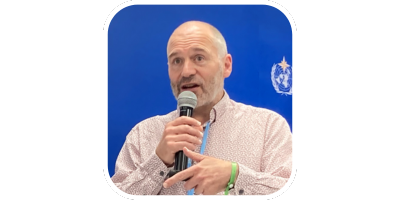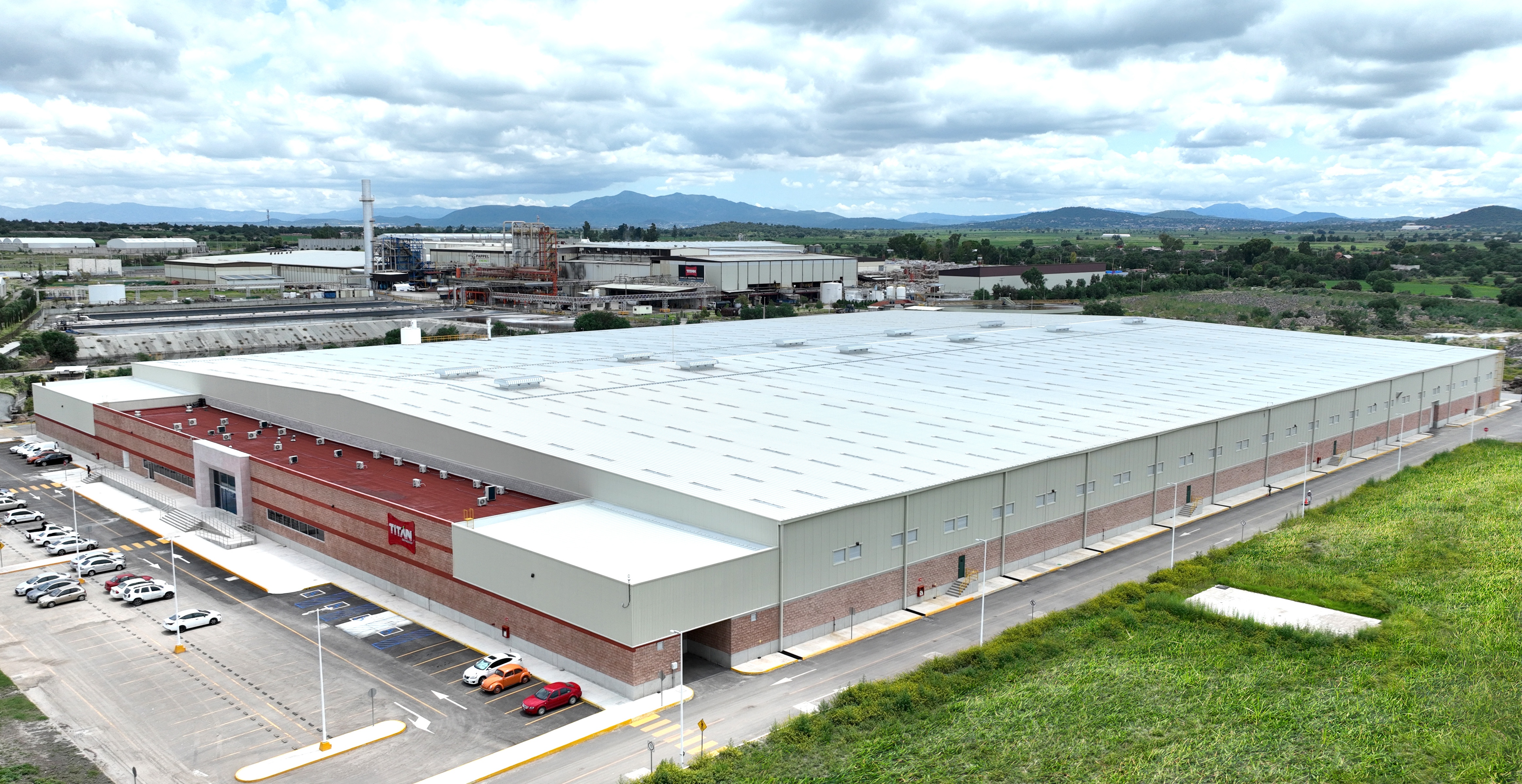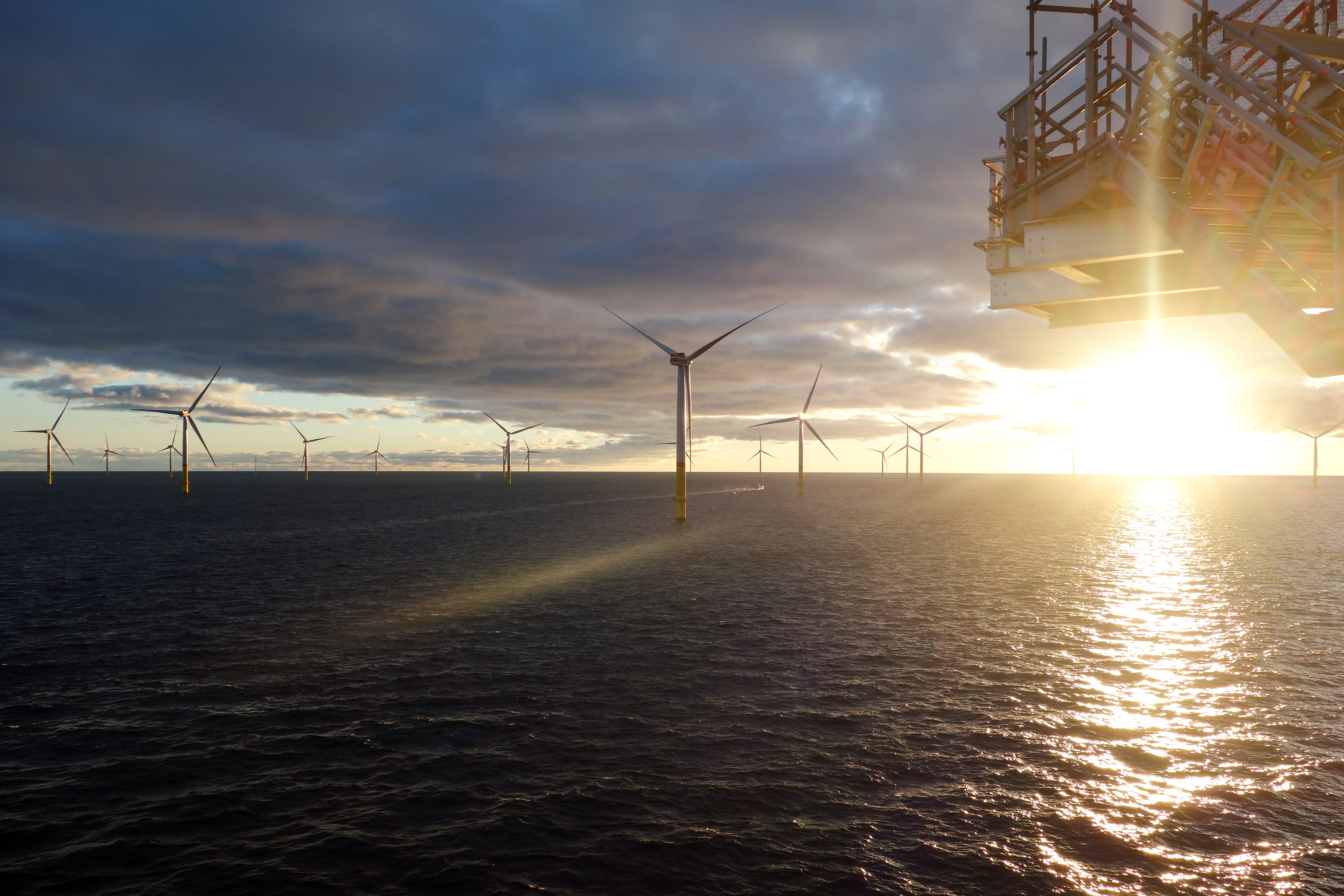And is it fair to say that every year we delay in limiting emissions decreases the time available to limit warming to 1.5C degrees?
Yes, it does. The situation is incredibly urgent. I just mentioned that once you've overshot 1.5C, it's still worth fighting to limit warming. But that doesn't mean you shouldn't still aim for 1.5C now.
Do you think it's still possible for us to achieve Net Zero in time?
That's the million dollar question, isn't it? I really don't know, to be honest. It is technically possible. The IPCC has shown that there are technologies at our disposal that we can use to at least halve emissions: it just becomes a matter of political will and people getting on with it, really. There are no particular barriers to reducing by this first half, which is a large part of getting to Net Zero. Whether we reduce the next half depends on whether we can develop things like carbon removal and put in place larger measures to decarbonise. So personally, I think it's hard to say, but I think we should keep aiming for it.
Fossil fuels must be phased out, but carbon dioxide removals will still be needed
Whilst we are on the subject of removals, in overshoot scenarios they become more and more relevant. We're seeing increasing emphasis from fossil fuel companies on the role of carbon capture and storage (CCS) in achieving Net Zero, but in practice, a lot of CCS technologies haven't been demonstrated at scale. How useful do you think focusing on the role of carbon capture and storage is?
I think CCS shouldn't be viewed as an alternative to emissions cuts. It’s going to be an additional solution. At some point we are going to have to be actively removing carbon from the atmosphere, especially if we do overshoot 1.5C warming. But even if we don't overshoot, I think there's always going to be some level of emissions. Even if it's not carbon, it could be methane coming from food production. Rice, for example, a huge, staple food crop produces loads of methane, so actual zero emissions seems highly unlikely. Therefore, we are going to need some level of greenhouse gas removal. That's why it's worth pursuing CCS, but it shouldn't be at the expense of reducing emissions. And that's the concern of course. A lot of people are worried that removal technologies will distract from what is really needed, which is emissions cuts.
What's your view on the need, therefore, for fossil fuels to be phased out?
They need to be phased out. It’s basically putting carbon into the system that has not been there for millions and millions of years. Phasing them out is something that needs to happen.
That's clear. You mentioned that if we do overshoot 1.5C, we could use these removals technologies to return to 1.5C? How could we do that? Would that involve us having to go carbon negative?
Yes, exactly. It's going beyond Net Zero. It's actually negative emissions, so the removals have to outweigh the emissions. There's technological means of removing carbon and then natural means like woodland creation, reforestation and so on. However, the technological processes aren't yet proven at scale.
With the natural processes, you remain vulnerable to climate change. For instance, you might plant a forest which would take carbon out for a while, but then if you had a huge fire that would return the carbon to the atmosphere. But it would serve a purpose in the intervening years; having taken some carbon out even temporarily can help buy time, of course. But it's not necessarily a permanent solution. It's not a permanent alternative to just not emitting it in the first place.
How quickly could a return to 1.5C happen in an overshoot scenario?
The speed of the return would depend on how deeply negative the emissions were, but it would likely be decades to centuries really, for what you might consider plausible scenarios. This is because there's physical limits to how much you can reforest, there will be limits for how much energy is available for technological removals.
Protecting nature is essential for human health and reaching Net Zero
You have spent a lot of your career looking at terrestrial carbon sinks. Can you tell us, at a high level to start with, how important protecting nature is for tackling climate change?
It is crucial because, as I was saying right at the beginning of the conversation, we've actually had this free ecosystem service of natural carbon uptake from land ecosystems and the oceans, which have meant the build-up of CO2 in the atmosphere has been about half of what it should have been based on our emissions alone. Therefore, protecting nature as a carbon sink is crucial. There are many other reasons, of course, as well, like valuing biodiversity for its own sake and the effects on local climates. The Amazon keeping itself cooler and moister by recycling rainfall and so on, other places will do that as well. So yes, looking after nature and ecosystems is an absolutely crucial part of this.
Thinking specifically about the Amazon, what does your latest research suggest in terms of the threats to it and the impact that losing it would have on the regional climate and globally?
Losing the forest, as well as accelerating global warming by increasing the build-up of CO2, would also cause extra warming of a couple of degrees or more in the Amazon region and the surrounding areas. It would also dry out the area, so reduced rainfall and therefore reducing river flows impacting on hydropower, for example, impacting water resources and increasing the risk of drought.
There are some parts of Brazil dependent on water carried in the winds from over the Amazon for some of their rainfall supplies. The increase in temperature could be significant enough to increase the risk of heat stress for people over large parts of that area. Because it's a humid region, heat stress risks are particularly high because when it's humid, you can't cool your body by sweating. So it's not just about temperature itself, if you’ve got high temperatures combined with high humidity, that's when you get really severe risks to health and even the risk of death. Those high levels of temperature and humidity could be reached if the forest was lost.
We’ve seen recent data from Brazil suggesting that rates of deforestation are declining under the new administration. Does that give you some hope that there's still time for the Amazon?
Yes, it does. The new government in Brazil has very clearly stated its ambitions on climate and looking after the Amazon. So yes, we're not at the Amazon tipping point yet and I think it could be avoided.
Climate change impacts are being felt already, but the international community can still course correct
Looking at the state of global progress on tackling climate change, do you think there's anything the scientific community could have done differently or should now do differently in terms of communication on the need to reduce greenhouse gas emissions?
I'm not sure what else we could have done differently. I think we've been very, very clear for decades what the issues are - and things are playing out as predicted. We said this would happen. I've been working in this area for 30 years, and the predictions we were making in the early 90s are now playing out. Even the predictions made in the 1970s in the very early climate models have been shown to be correct as well. I think we do need to keep making sure the world is aware that the risks are real.
We are now in a state when our impact on the climate is clearly playing out to have very negative impacts already. We're already seeing the impact of climate change on weather systems and we can now look at individual extreme weather events and say yes, they've been made more intense or more likely by climate change. And many of these have had dreadful impacts in terms of large numbers of deaths and massive economic impacts.
Making clear that it is happening now, I guess that's one thing that we need to start doing more often because it's a current thing, not just a future thing. I'm finding that a lot of what I’m writing now is what I would have written 20 or 30 years ago but I’m putting it in the present tense rather than the future tense now.






